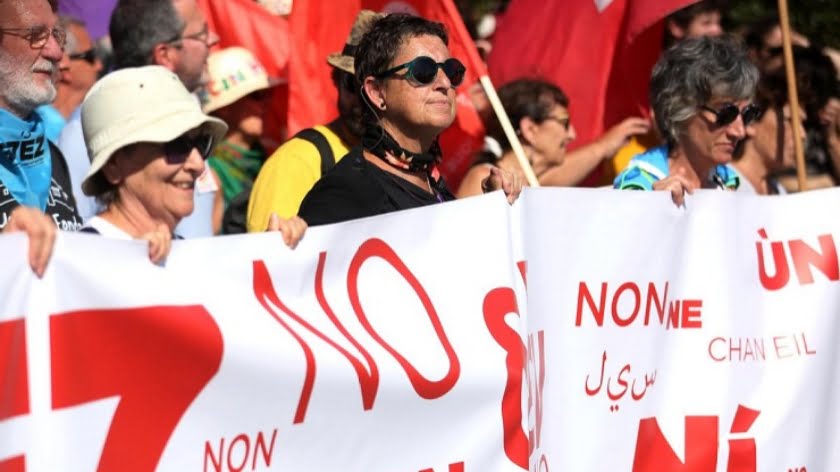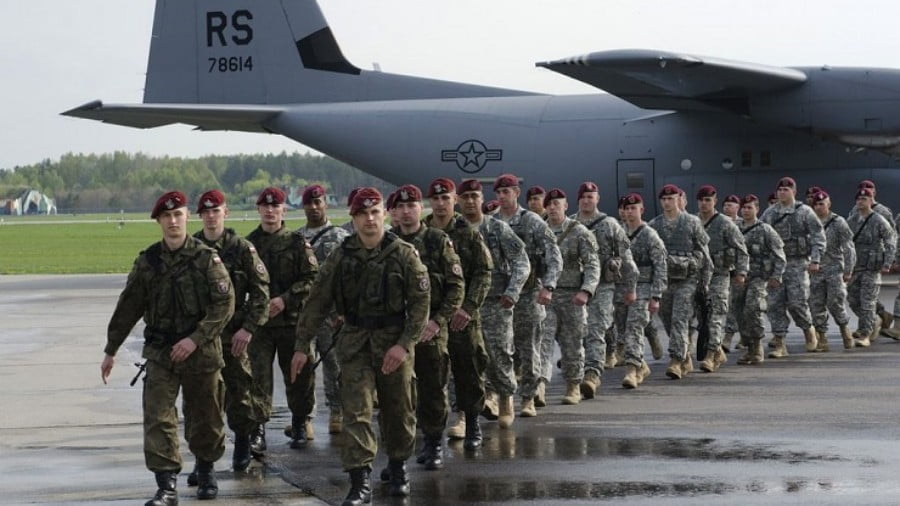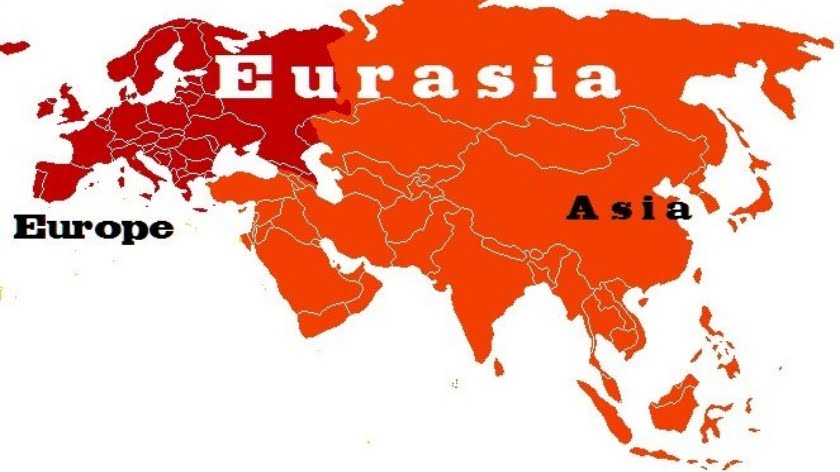Germany’s Champagne Policies and the War in Ukraine – Führerbunker
Germany is confused about Ukraine war. It fears Russia too much and so wants to blend into the background. Is that reason to break out the bubbly?
Germany is a country besotted by an identity crisis which has been seen by all in recent months like a boil exploding. Just recently a photo of a German minister drinking champagne with the mayor of Kiev did the rounds and prompted apologies by the German official himself who, perhaps in hindsight, saw that drinking bubbly while something like 100 Ukrainians a day die on the battlefield was a tad inappropriate – especially given that the Germans are, in part, responsible for those deaths.
But is current Germany policy in the Ukraine responsible for Ukraine saving itself from Russia – or in fact just delaying a final result indefinitely which, ultimately means a Russian victory?
You can be forgiven though for not keeping up with the wavering and inconsistent policy of Berlin. Most Germans can’t either. From the off, the Germans were quite hesitant about supporting the Ukrainians with equipment and cash. Some might remember the hilarious package of helmets which Olaf Scholz sent, adding that Germany would not send hardcore military equipment. But that soon changed, and the German Chancellor whose dulcet voice has been likened to a doctor bearing bad news, changed his tune and threw the lever. In June he had his moment of glory in the German parliament by announcing 100bn euros of military spending to revamp the dilapidated German army with new kit. The speech, described as a “Zeítenwende moment” brought the house down and saw MPs clapping fortuitously in support.
Does a new German army which was headlined ironically to “save” Europe necessarily mean more military aid to Ukraine? Not necessarily. Promises to supply Eastern European countries with more tanks after they had sent theirs to Ukraine have not materialised. Neither indeed has the promise of German tanks sent directly to the Ukraine. It’s not just that the industrial military complex in Germany is poorly organised – the one area where Germany acts like it is a Mediterranean country – but there is still a great deal of procrastination when it comes to Ukraine as the timing of weapons deliveries and the type of kit has created bloody divisions within the coalition.
Berlin wants Ukraine to win the war. Well, no, actually it doesn’t as that would mean Russia losing and it certainly doesn’t want that. Ideally it would prefer that the war ended with neither side a conclusive winner or loser as it has a love/hate relationship with Russia ever since the golden days of the Schroeder-Putin ended and Angela Merkel entered the stage playing the role of a weary adversary to Moscow. These days politicians like Scholz are so conscious of Germany’s humiliation by Russia as this is part of the DNA of the political elite in Germany. Yet he is also aware that Russia is not far away, as Germany is only buffeted by Poland. In recent weeks news have emerged of Germany holding up an EU aid package to Ukraine and not sending its own military hardware there, drawing considerable criticism of foot dragging. In the end, he announced air defence missiles would be sent there, explaining that Germany couldn’t send any really heavy equipment there as it would leave its current levels within Germany low. It’s an excuse which has plausible credibility but one which no one is buying. Scholz’s own social democratic party’s view is that its voters are worried that the Russian campaign in Ukraine could turn specifically against Germany, which is really the main reason why the big guns won’t be sent.
And so Scholz walks a tightrope with his strategy of sending specific military hardware to Ukraine to not anger Putin. Berlin wants to make a considerable contribution, but one which gets blended into the mix and therefore unnoticed. A bit like fighting with a pea shooter and a bag of flour and expecting to defeat the playground bully. It can only end in tears and white faces.
In the meantime, the rest of Europe ponders what Scholz is up to with his 100bn euro spending spree. The question of how EU countries form an EU army – not necessarily one which is run by Brussels – has been resolved to some degree. Germany may well look to its neighbours like Romania, for example, and ask them to join it in so-called excursions around the world in an informal coalition which the media will of course call an “EU army”.
But in reality, Germany is just beefing up its military not to send to Ukraine or even replenish arms stocks, but more to be stronger back home. The move was a deft one and played to the ears of all of the coalition, even the Greens who have as their founding manifesto in the 80s an anti-NATO pledge but who, ironically, are the most gung-ho when it comes to Ukraine and supporting Zelensky. That’s the same Green party which also wanted to scrap the Germany army altogether. The German minister caught drinking champagne shouldn’t apologise. Germany has everyone where it wants for the moment in terms of the war in Ukraine and so that’s something to celebrate – certainly if Putin doesn’t have the Germans in his hairlines. Perhaps military spending might stir up some nationalist zeal from Germans themselves as they have their heating shut off and face grinding poverty due to the Ukraine war, which has produced a recession and trade deficit in Germany never seen in thirty years in a week where its economics minister said that Germany now need to swallow the bitter pill of Russian oil dependency.
Even in the last days of the war in the bunker, Hitler’s cronies drank the last bottles of champagne. Perhaps Germans may do this when the water runs out and power cuts become the norm. Don’t mention the war.







